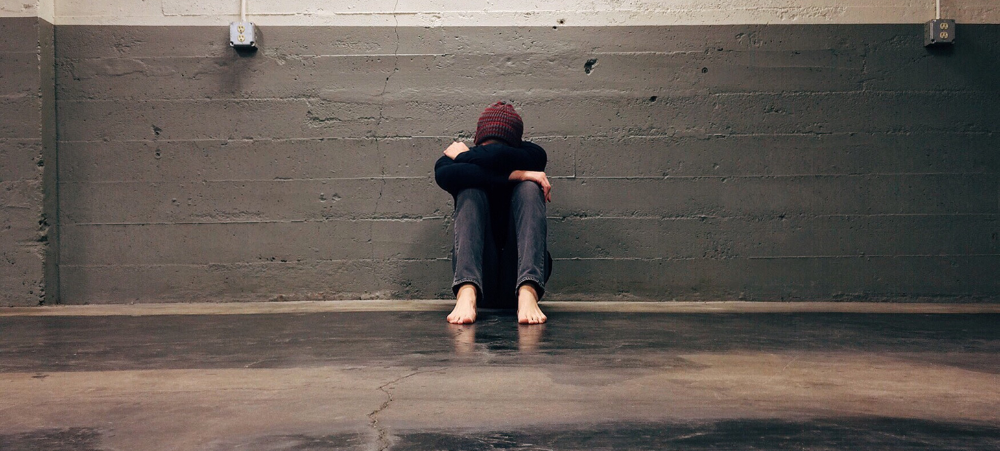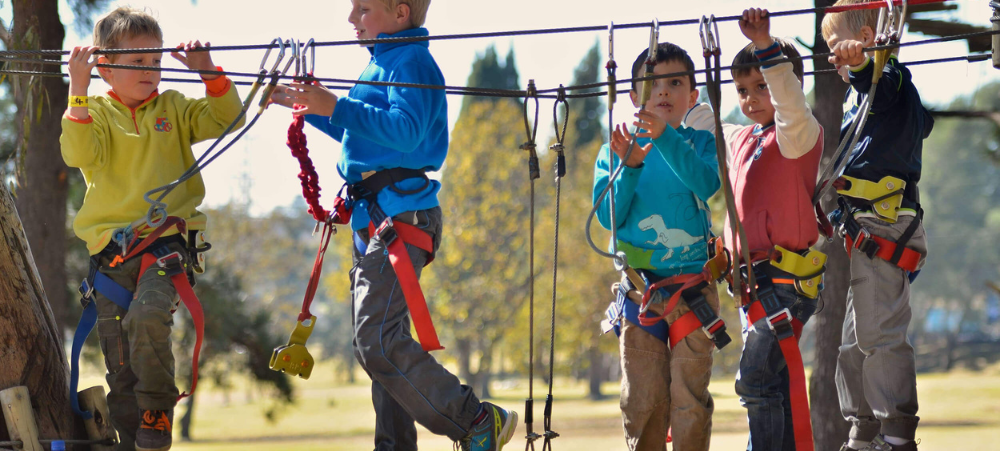“Mama or Dada” – these are usually the most common first two words that babies utter when learning to speak creating a special and close bond between parent and child. The relationship parents begin to have with their new born baby is almost indescribable. Right from birth and through childhood, children are attached to their parents seeking affection and guidance, but as they grow older, that diminishes.
So what do young adults really want from their parents?
Well the answer differs from person to person, some would say financial support for their basic necessities such as groceries, clothing, education, medical fees etc. Parents experience unconditional love and make all efforts to care for them celebrating each milestone along the way such as when babies are learning to talk, walk and play.
If these needs are met, what else can a parent offer their child? This is where it goes back to being babies and that’s what parents should never lose touch with. The first steps of an infant are just as important as the steps young adults make into becoming independent. When they have passed their exams, got their degree, their first job, their first car – be there to cheer them on in every way.
Some parents are what is termed as “helicopter” parents where they hover over their child’s every move and take care of all their needs – whilst there is nothing wrong with this, the risk is that you disempower your child to learn essential life skills and how to do things for themselves which they will need later on in life.
On the other hand some parent’s feel they do not want to pamper to their child’s every need, and the risk here is that children can grow up without have a sense of healthy boundaries. However, there’s a fine line between interfering and showing that you care for example, your 21 year old gets into a romantic relationship and you insist on knowing everything that happens in the relationship – this can be seen as meddling and can end up causing conflict between you and your child. Rather show support and care by letting your child know that if she/he wants to talk or needs advice then you are available and there for them. It’s important to keep a healthy boundary between being a parent to your child vs. wanting to be their best friend.
One of the most common things I hear from a child that they desire from their parent is time. Children want to spend time with their parents yet complain that their parents never have time for them or are always busy. What this really boils down to is that children feel that they do not get their parents undivided attention when they do get to spend time with their parents, they are either busy doing something else or not really present in the moment. Children want their parents to be involved at a level that it comfortable and safe for them and making time for them is invaluable.
The other key requirement from children is Trust. Children want their parents to trust them in that they are able to make their own decisions (age appropriate of course) and that parent’s don’t always know everything. Adults were once teenagers too remember? Parents need to gradually learn to trust their children with little things such as going out on my own or running errands. Children often complain how their parents do not trust them. They believe they have trusted their parents all their lives and as they grow older they expect parents to trust them in return. Children completely get that their parents are always looking out for them and want what’s best for them but they also want to feel like they are in charge of their own lives and can make their own decisions based on their needs and what’s happening in their lives at that moment. The key here is for parents to start teaching children from a young age how to weigh up their options and make informed decisions based on the information they have at hand and the consequences for each option before making a decision. You child will thank you for these skills well into their adult years!
As children grow, parents have to learn to grow ‘with’ them instead of growing ‘away’ from them. Know when space is needed, know your child’s interests and dislikes, interact with them and that way your relationship with your child will grow positively. That’s not to say you won’t butt heads with your child but rather that you will have a solid enough relationship with them to navigate the speedbumps along the way.
If you’re feeling challenged getting through to your child, here are some tips that you may find useful:
- Find out what your child’s goals, dreams and vision are. Ask them what they need from themselves and you to help them in fulfilling these goals or what they plan to do after reaching these goals. Help them weigh up the ‘pros’ and ‘cons’ of each situation and which one they think is the right one for them based on where they are at.
- If your child does not have goals set up or striving dreams, let them know that’s its okay to be confused or uncertain because that’s the journey of life. Advise them to be patient and explore a variety of options. It’s ok to try something to find out whether they like it or not, and it’s ok to change their minds if they find they no longer want to pursue something. Be patient with them as they learn, explore and grow.
- Keep having conversations with them, even if it’s frustrating at times, let them know you’re there when they are ready to open up. Let them speak to other people such as teachers, family member and peers to get various views and input to help them make informed choices. Be sure to really listen to what they are saying before passing judgement or making a comment, when it starts to feel like an interrogation they’ll clam up. Young adults can at times feel frustrated with the idea of being independent and handling things on their own so give them time, space and support as they figure it all out.
- Share your own experiences with them of when you were once their age. What were some of the hardships or achievements you went through? What decisions did you have to make? Where did you have to make sacrifices and what was the outcome? How did you learn to live with ‘adulting’? Share as much as you can so they can see that whilst you are their parent and love and care about them, you are also human and made mistakes too – that’s part of life and learning to be resilient, picking yourself up and carrying on.
Most importantly it’s the small gestures that have the biggest impact such as a hug, a smile that can cement the dynamics of a parent and child relationship.
One such story shared with me is:
“I appreciated the short phone calls from my parents. I remember having a stressful week of projects and final exams approaching and I happened to receive a random phone call from my parents. They cheered me up with their voices and told me that they were having a Sunday Braai in my honour to be there with me in spirit and support through this stressful time. And yes, mum complained that dad had slightly burnt the chicken!”
Young adults just want as much freedom as they can get but at the same time know that their parents are there for them when they need. So next time your child says ‘give me some space’, just let them know that you are a phone call away, in fact a snapchat away 🙂
- Are you functioning on autopilot? - September 13, 2023
- Are you living your Values? - August 17, 2017
- What children need from their parents? - July 3, 2017





